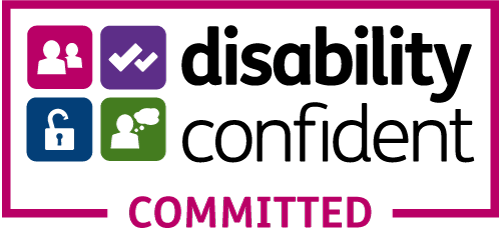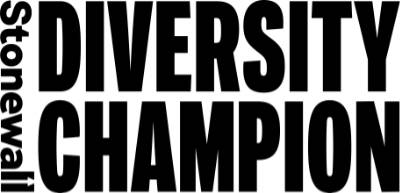Train with us: audition and interview tips
We know how daunting a drama school audition can be for both acting and technical theatre applicants - that's why we sat down with Caroline Leslie, Head of Acting, and Rob Young, Head of Technical Training, to get their top tips for those with upcoming auditions or interviews.
Head of Acting, Caroline Leslie
Choose a piece and a character which fascinates you.
You can really tell when someone has chosen a piece that they connect to and auditions almost always work better if the actor has chosen something they love.
Use your nerves.
Everyone gets nervous; it’s something which never goes away. It’s your job in an audition to show how you harness your nerves to bring a character to life for an audience.
Listen carefully to what the panel tell you.
As well as taking a moment to focus, listen to the instructions the panel give you. If they ask you to stand in a certain place or do your pieces in a certain order, make sure you follow the instruction. Listening is such an important part of acting so make sure you show that you understand that.
Dress neutrally, sleep and eat well and arrive in plenty of time.
With regard to what you wear, we are looking for a clear expression of the characters you will be exploring, as opposed to an expression of who you are. Neutral choices of clothing tend to allow us to see the acting more clearly.
Connect with the panel.
Don’t be frightened to take a moment to make eye contact with the panel and regain your focus once you’re in the audition room. At drama school auditions certainly, the panel will have seen all manner of ways in which actors focus themselves, so don’t be afraid to do whatever it takes to do your best.
Think positively.
The panel are trying to help you. We want you to do well and we’re assuming that every actor that we see is good. Your job is to find as much connection, joy, relaxation and play in the work as possible. If you enjoy the experience, we will.
Know your character.
Think about what your character was doing directly before we meet them in your monologue and how that is affecting them. Think about precisely where they are and what their relationship is to that place. Think about exactly who they are talking to, what they think of that person / those people, what they think the person / people think of them. What do they actively want to achieve by saying the things they say? Make sure you have fully harnessed your imagination to their situation.
Head of Technical Training, Rob Young
The LAMDA interview panel, generally consisting of the Head of Technical Training and two other tutors, want to get to know you and learn more about your interest in technical training. We want to see your passion for working behind-the-scenes and your determination to develop your knowledge and skills. There are some set questions that we ask to give us a better understanding of your current knowledge. We’re not trying to trip you up, and we know that you are unlikely to know the answers to everything that we ask! The questions are usually designed to explore your broad experience and general theatre production knowledge. You will have the opportunity to talk to us about what you have done in the past and, of course, to ask any questions that you may have. The interview process lasts about 30 minutes and you will also be given a full tour of our facilities.
Acting courses
Professional acting courses in London that will pave a supportive, vocational path for those who want to grow their talent and free their imagination.
Technical courses
Explore the full spectrum of theatre and screen production roles and become the best in the industry.




